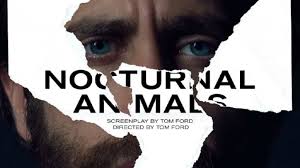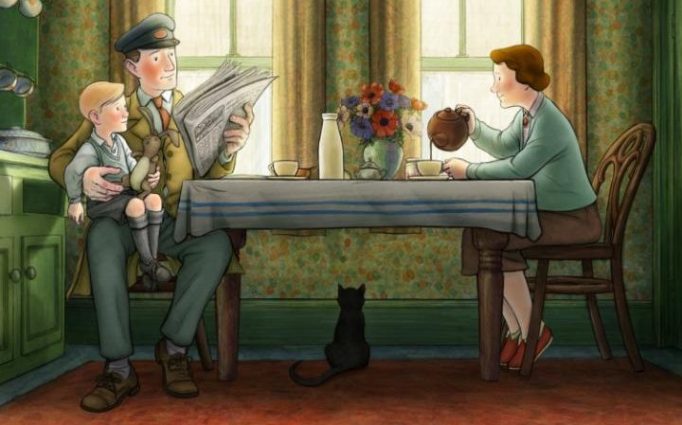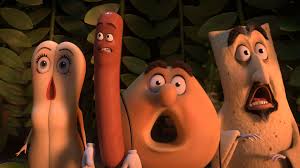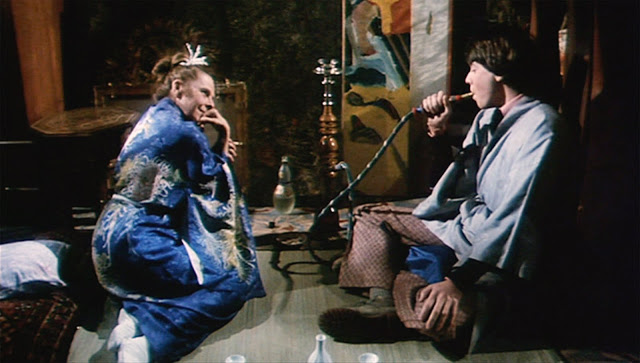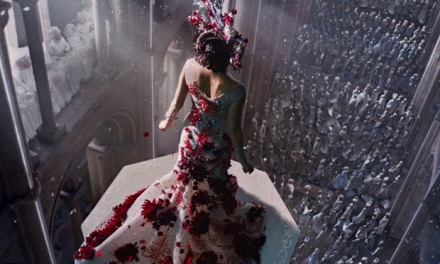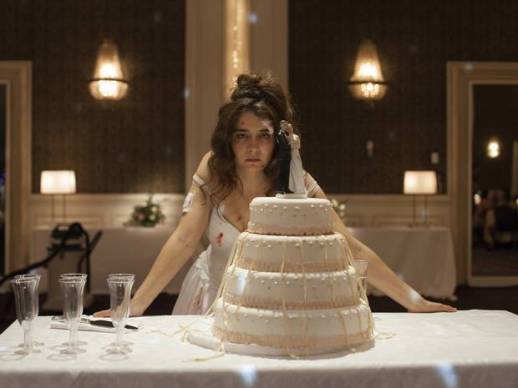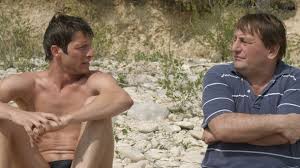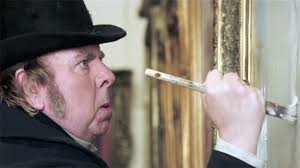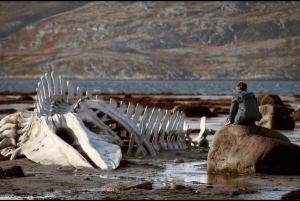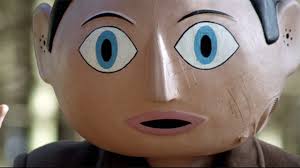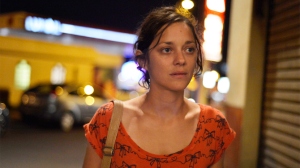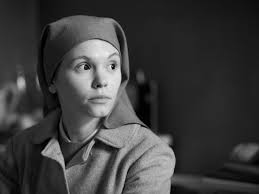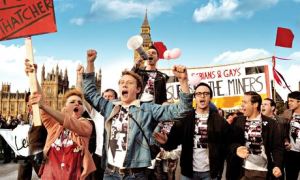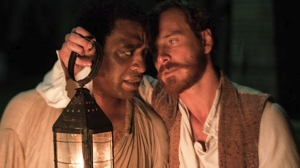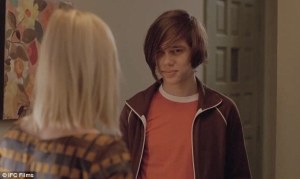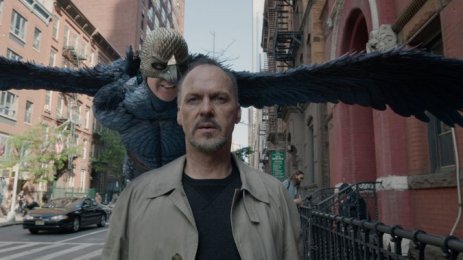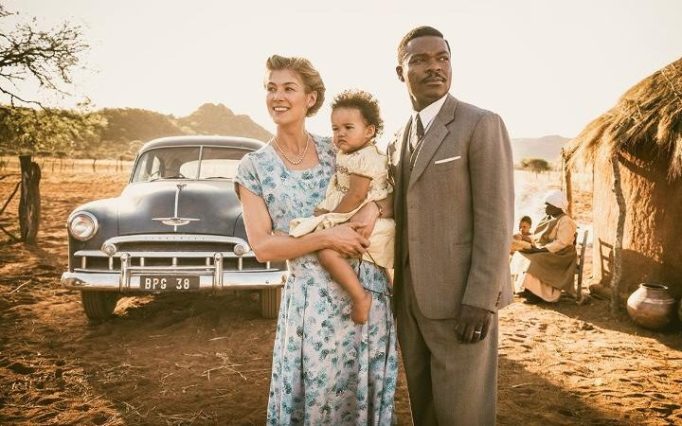
At the London Film Festival press conference for A United Kingdom, director Amma Asante said, that the story is told through ‘the prism of this couple’s deep love for each other’. This may go some way in explaining the film’s surprising levity in tone. But does this approach impact on the gravity of such a shameful episode in British history?
Based on the book, Colour Bar by Susan Williams, this true, love story between the heir to the throne of Bechuanaland (modern day Botswana) Seretse Khama (David Ayelowo) and English shipping clerk Ruth Williams (Rosamund Pike) resulted in their ensnarement in post-war politics and the waning colonial carve-up intrigues in Africa.
From the outset a cavalcade of deceptions and manipulations are deployed by the British government in an attempt to prevent Ruth and Khama from marrying. When that fails, the might of the empire turns towards further dissimulation and statute, to block Khama’s succession to the thrown of Bechuanaland by enticing him out of his country, in order to banish him and impose direct rule. All this is gnawingly tense and nausea-inducing, and is perfectly pitched by Asante, as the pressure the couple are under is palpable and seemingly relentless. Their love and leadership of Bechuanaland poses by its very existence, a threat to neighbouring South Africa in the wake of apartheid and exposes the vested interest of the British government in supporting white South African supremacy.
Asante offsets the cold, calculations of the British with the warmth, humour and sweet intimacy between Ruth and Khama, tenderly portrayed by Pike and Oyewolo. This intricate oscillation works, revealing the source of the couple’s formidable strength in the face of extreme adversity. All this set against breathtaking African landscapes, filmed on location in Botswana, adds a captivating quality to the film. There is a shift in tone however, in the film’s second half, where the sinister machinations of the British Government spill over, at times into light relief, with the British as pantomime villains in plumed attire, sipping sherry. When compared with Attenborough’s Gandhi, in its chilling handling of the brutal injustices of the fading might of the empire in India, the contrast couldn’t be more jarring.
The fault here is that satire of this sort is humorous in hindsight but detracts from what is, a truly remarkable David and Goliath story. Audiences do not need a spoonful of sugar to help the medicine go down. The horrors of colonialism, the evil of ‘the man’, the corruption of power and the use of might in the face of change are well recorded and never more relevant than in our own culture of globalisation and the invisible shifting sands of power . The beauty of this story is that Ruth and Khama, with the support of the people of this undeveloped country, were able to peacefully and intelligently confront the might of the British and win, forging ahead towards leading an independent and free democratic country. A United Kingdom whilst being enjoyable and well crafted, ultimately shies away from really confronting us with the shameful political reality which underpinned this powerful story.
A United Kingdom opens The 60th London Film Festival.
